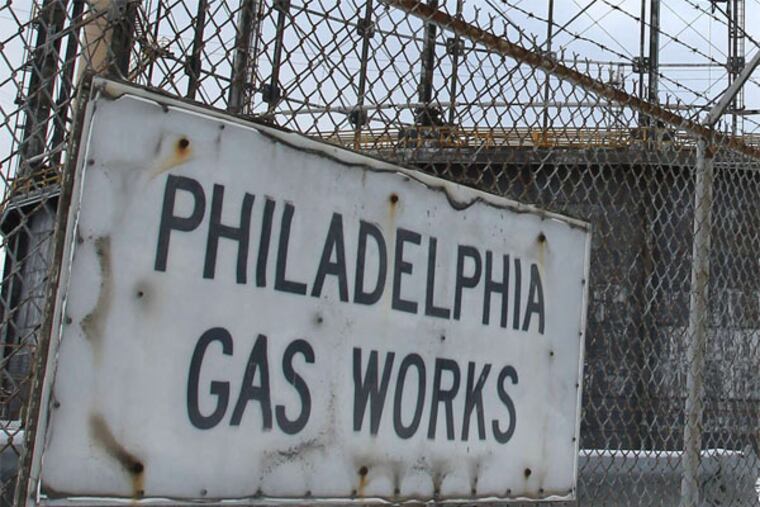As a matter of public safety, city should sell PGW
When the labor movement began, one of the major quality-of-life issues early organizers sought to address was safety. They believed that workers should not be subjected to dangerous and potentially deadly situations that could easily be avoided.

When the labor movement began, one of the major quality-of-life issues early organizers sought to address was safety. They believed that workers should not be subjected to dangerous and potentially deadly situations that could easily be avoided.
I am proud that today's unions - including my own, the Laborers' District Council of Metropolitan Philadelphia - continue to further that cause in every workplace they operate in. For many years, government served as a partner in that effort. But a recent report from NBC News and USA Today is a disappointing example of government, in this case the city of Philadelphia, no longer being a partner in ensuring safety.
The report details the dangerous condition of underground pipes that carry natural gas to homes throughout the country, almost 6,000 miles of which lie underneath Philadelphia. Because they were installed more than a century ago, many are beginning to leak at an alarming rate and, nationwide, have caused at least 135 gas-line-explosion deaths over the last decade. That rate is particularly alarming in Philadelphia, where our pipes are reported to be 10 times more likely to emit hazardous leaks than the national average.
We've seen our share of recent explosions here in Philadelphia. In May, a Center City home was reduced to rubble, and a South Philadelphia neighborhood was rocked in January. Thankfully, these incidents did not result in fatalities, although they did cause serious injuries and massive property damage.
But fatalities have occurred here. A 19-year-old Philadelphia Gas Works employee lost his life in a 2011 blast in Tacony. After seeing that report, I found myself asking: What are we doing to prevent this from happening again?
As it turns out, the city government is currently the only one in a position to act. It owns and operates PGW, the local gas utility, meaning the city is in charge of maintaining and upgrading the lines. It is working to replace them, but current projections have the network on pace for completion in 88 years. Given the age of the infrastructure and the rising danger lying below our feet, I don't believe we can afford to wait that long.
There is an opportunity to speed things up. Because PGW is publicly owned, it is only spending $22 million per year on upgrades and does not have access to capital markets to increase that amount. The bottom line is that PGW's abilities are limited, and those limitations carry very serious consequences. However, if the company were owned by a nongovernment entity, it would have access to those markets and could take out a loan and pay off the upgrades in small monthly installments over a long period of time, as with a mortgage.
Given that reality, I believe it is in the best interests of Philadelphia's residents for the city to sell PGW.
The ability of a non-government-owned company to borrow money and apply it toward upgrades to address this growing safety hazard at a much faster rate - potentially cutting the current pace by more than half - presents an overwhelming case for the sale. The safety hazard we face is simply too pressing for us to delay any longer, and the stakes appear to be rising by the minute.
Selling PGW is not only a chance for Philadelphia to begin restoring government's role as a partner in ensuring safety. It is also the only way to protect residents from this growing and often deadly problem.